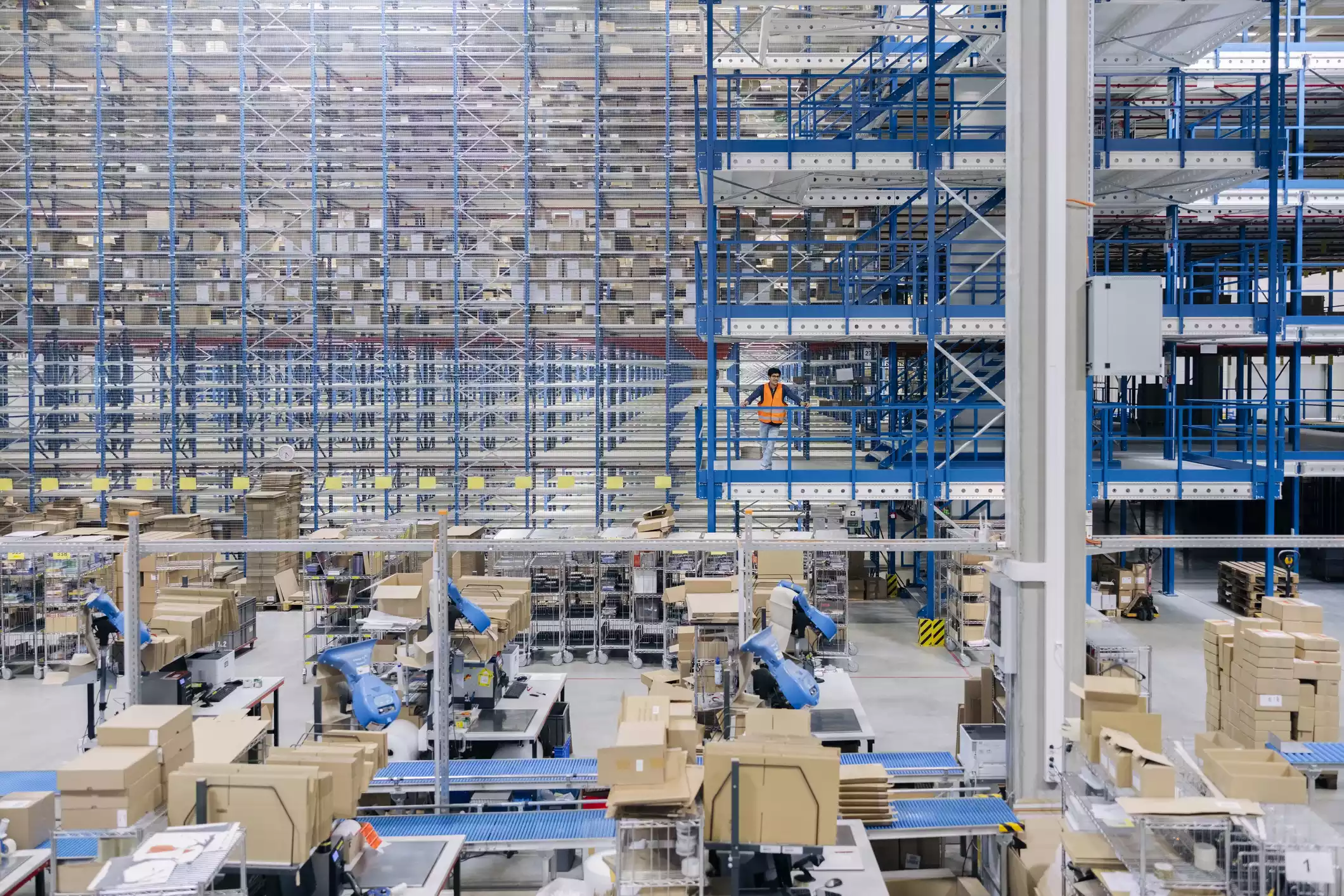In today’s competitive market, achieving operational excellence is not just a goal—it’s a necessity. For manufacturers, the path to this level of performance is often paved with the principles of lean manufacturing and effective material handling. When these two concepts are harmonized, they create a streamlined, efficient, and productive environment that drives success.
The Core Principles of Lean Manufacturing
Lean manufacturing is built on the idea of maximizing value by minimizing waste. It’s a philosophy that encourages manufacturers to focus on what adds value to the customer and eliminate everything that doesn’t. The core principles of lean manufacturing include:
- Value Identification: Understanding what the customer values and ensuring every process step contributes to delivering that value.
- Value Stream Mapping: Mapping out all steps in the manufacturing process to identify and eliminate waste, such as overproduction, waiting time, or excess inventory.
- Flow Optimization: Ensuring that once the production process starts, it flows smoothly without interruptions or bottlenecks.
- Pull Systems: Implementing a just-in-time production system where products are made to meet customer demand rather than forecasting.
- Continuous Improvement (Kaizen): Encouraging a culture of ongoing improvement, where employees at all levels are empowered to suggest and implement changes.
The Role of Material Handling in Lean Manufacturing
Material handling is a critical component of the lean manufacturing process. It involves the movement, protection, storage, and control of materials and products throughout the manufacturing process. In a lean environment, material handling should be designed to support efficient workflows and minimize waste.
Effective material handling can contribute to lean manufacturing in several ways:
- Reducing Lead Time: By optimizing the movement of materials, companies can reduce the time it takes to get products from raw materials to finished goods.
- Minimizing Material Waste: Proper handling and storage reduce the risk of damage to materials, which helps minimize waste.
- Improving Workplace Safety: Efficient material handling reduces the chances of accidents, which can lead to downtime and increased costs.
- Enhancing Productivity: Streamlined material handling processes free up workers to focus on value-added tasks, increasing overall productivity.
Strategies for Integrating Lean Manufacturing with Material Handling
To achieve operational excellence, manufacturers need to integrate lean principles with their material handling processes. Here are some strategies to consider:
- Automate Where Possible: Implementing automated material handling systems can significantly reduce manual labor, minimize errors, and speed up production processes.
- Use Space Wisely: Lean manufacturing emphasizes the efficient use of space. Organize your facility to ensure that materials are stored close to where they are needed, reducing the time and effort required for movement.
- Standardize Processes: Standardizing material handling procedures ensures consistency, reduces errors, and makes it easier to identify and eliminate waste.
- Implement a Pull System: Align material handling with the pull system of lean manufacturing to ensure that materials are moved only when needed, reducing excess inventory and storage costs.
- Invest in Employee Training: Employees should be trained not only in lean principles but also in efficient material handling techniques. This empowers them to identify areas of improvement and contribute to a culture of continuous improvement.
The Benefits of Lean Manufacturing and Efficient Material Handling
When lean manufacturing principles are effectively integrated with material handling, manufacturers can expect several benefits:
- Cost Reduction: By eliminating waste and optimizing processes, companies can significantly reduce operational costs.
- Increased Flexibility: Lean manufacturing allows companies to respond more quickly to changes in customer demand, leading to better customer satisfaction.
- Improved Quality: A focus on continuous improvement and waste reduction leads to higher-quality products.
- Enhanced Competitiveness: Companies that achieve operational excellence are better positioned to compete in the global marketplace.
Achieving operational excellence requires a commitment to lean manufacturing and efficient material handling. By integrating these two concepts, manufacturers can create a streamlined, waste-free environment that not only enhances productivity but also drives long-term success. Contact UMD today to learn how our systems can help you remain competitive and capable of meeting the demands of today’s fast-paced market.

